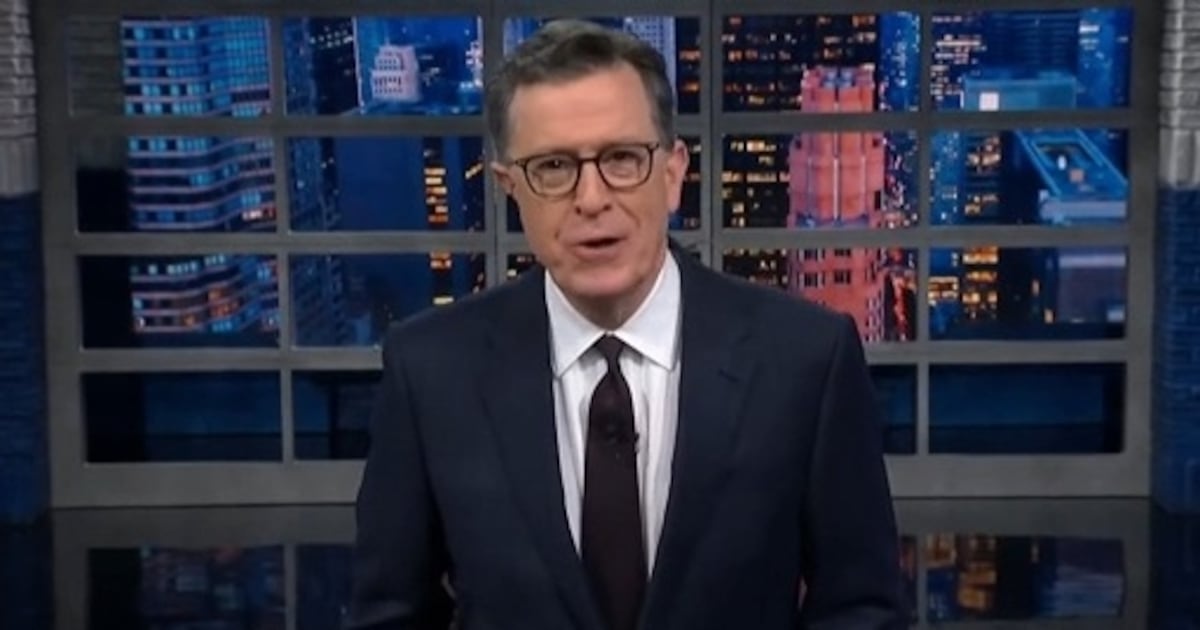Less than six months after premiering on Netflix, Money Heist: Korea – Joint Economic Area returns on December 9 with a batch of fresh episodes. As before, the series doesn’t radically alter the template set by Álex Pina’s Spanish original, whose narrative is largely followed to a T. Still, it remains a loopy pulp thriller whose dedication to amped-up action and melodrama is only equaled by its love of preposterous twists and turns.
A brief recap for those who haven’t yet caught up with the first season: In the near future, North and South Korea have agreed to a détente that will be finalized, economically speaking, at a forthcoming conference. Currency for the newly whole nation is being printed at the Unified Korea Mint. That makes it the prime target of the Professor (Yoo Ji-tae), a criminal mastermind who assembles a team of crooks with various specialty skills—and who are all code-named after international cities—to steal four trillion won from the heavily fortified locale.
This necessitates taking everyone inside hostage, and leads to a standoff with Inspector Seon Woo-jin (Lost’s Kim Yun-jin), whom the Professor is covertly dating on the outside as a means of gaining further intel on her operation, as well as manipulating her for his own devious purposes. The Professor is a man always five steps ahead of his adversaries, and also of his underlings, who wear red jumpsuits and smiley-faced masks during their mission.
When we last saw this motley crew, the Professor had been seemingly identified by Woo-jin’s colleague Captain Cha Moo-hyuk (Kim Sung-oh), and Woo-jin had received a torn piece of a bank note courtesy of one of the Mint’s hostages—a clue that, at the outset of these episodes, leads her to the correct conclusion that the thieves aren’t purloining cash from the bank but, rather, printing new currency. That dough is untraceable thanks to the specifics of the upcoming conference.
Yet what’s more amusing (and telling!) is that the loot strikes everyone as almost beside the point. Woo-jin deduces that her abusive ex-husband and current presidential candidate Kim Sang-man (Jang Hyun-sung) is wrapped up in this mess in some nefarious self-serving way. He soon tips his meddling hand when he goes on television to announce that any thief who chooses to collaborate with authorities will receive full immunity—an offer aimed at securing the release of Anne (Lee Si-woo), a hostage who’s the daughter of the angry U.S. Ambassador.
It's not long before someone is acting as a mole inside the Mint, and Money Heist: Korea – Joint Economic Area throws suspicion around with carefree glee, suggesting that any number of people could be the turncoat. Distrust proves corrosive amongst the thieves, especially when it comes to unhinged and terminally ill labor camp survivor Berlin (Park Hae-soo), who’s ready to murder—or at least hand over to authorities—the individual whom he thinks is the culprit: hacker Rio (Lee Hyun-woo).
As Berlin causes trouble, a captured cop hatches an escape plan for his fellow captives that’s complicated by the fact that one of his fellow inmates, Misun (Joo-Bin Lee), continues to harbor feelings for sweet gunman Denver (Kim Ji-hoon). Further heightening tensions is an early effort by someone to assassinate Anne with a bomb—a near-fatal attack that, per the rest of the show, might be more suspenseful if it weren’t staged in such a laughably overwrought manner.
The Professor, meanwhile, is forced to contend with the pesky Cha, who pilfers something from the baddie’s home in order to get it fingerprinted, and then attempts to report his damning findings to Woo-jin—only to wind up in seriously hot water.

(L-R) Jun Jong-seo as Tokyo, Park Hae-soo as Berlin, Lee Hyun-woo as Rio, Lee Kyu-ho as Oslo, Kim Ji-hoon as Helsinki, Jang Yoon-ju as Nairobi, Kim Ji-hun as Denver and Lee Won-jong as Moscow in Money Heist Korea: JEA.
Jung Jaegu/NetflixThough Money Heist: Korea – Joint Economic Area likes to occasionally throw wrenches into the Professor’s carefully executed scheme, it simultaneously makes it clear that he’s thought through every scenario imaginable, and concocted course corrections for any obstacle. Thus, the funniest part of this return engagement’s initial two episodes (which were all that were provided in advance to press) comes when Woo-jin decides to thwart the Professor’s money-printing plot by simply cutting electricity to the Mint, and the Professor is totally taken aback by this simple and obvious counter-maneuver.
The sheer duration of the heist makes Money Heist: Korea – Joint Economic Area an exercise in absurdity, and it leans heavily into its goofier instincts, tying itself in knots via constant double-crosses, power plays and revelations about its good and bad guys’ motivations and hang-ups. The series is an elaborate cartoon full of protagonists with one personality trait (and single deep, dark secret) apiece, and its storytelling tactics are crude, epitomized by the second episode dispensing key background details on one peripheral character just so audiences might feel something when he’s subsequently killed. There isn’t a subtle bone in the proceedings’ body; its histrionics are perfectly paired with a flashy visual style that employs slow-motion at every available opportunity.
Money Heist: Korea – Joint Economic Area is streaming-service junk food, the sort of overcooked genre silliness that goes down easy so long as none of its particulars are considered for more than two seconds. It’s satisfying enough in the moment but holds up to so little scrutiny, and expends so much excessive energy on its ridiculousness, that it’s occasionally hard to stomach even on its own limited terms. Moreover, the show is so determined to prolong its conceit that no particular plot point makes an impact; they’re all just stops along a journey that doesn’t really want to arrive at its destination. Being toyed with only goes so far before excitement gives way to aggravation.
Most episodes of Money Heist: Korea – Joint Economic Area end on a cliffhanger, and while that structure is tailor-made for binging, it eventually begins to feel disingenuous; there’s no reason to worry that the Professor and his primary accomplices are in any real danger if this enterprise plans to run as long (i.e. five seasons) as its Spanish source material. Consider it less must-see TV, then, than merely cheesy soap opera-ish background-watching material.







